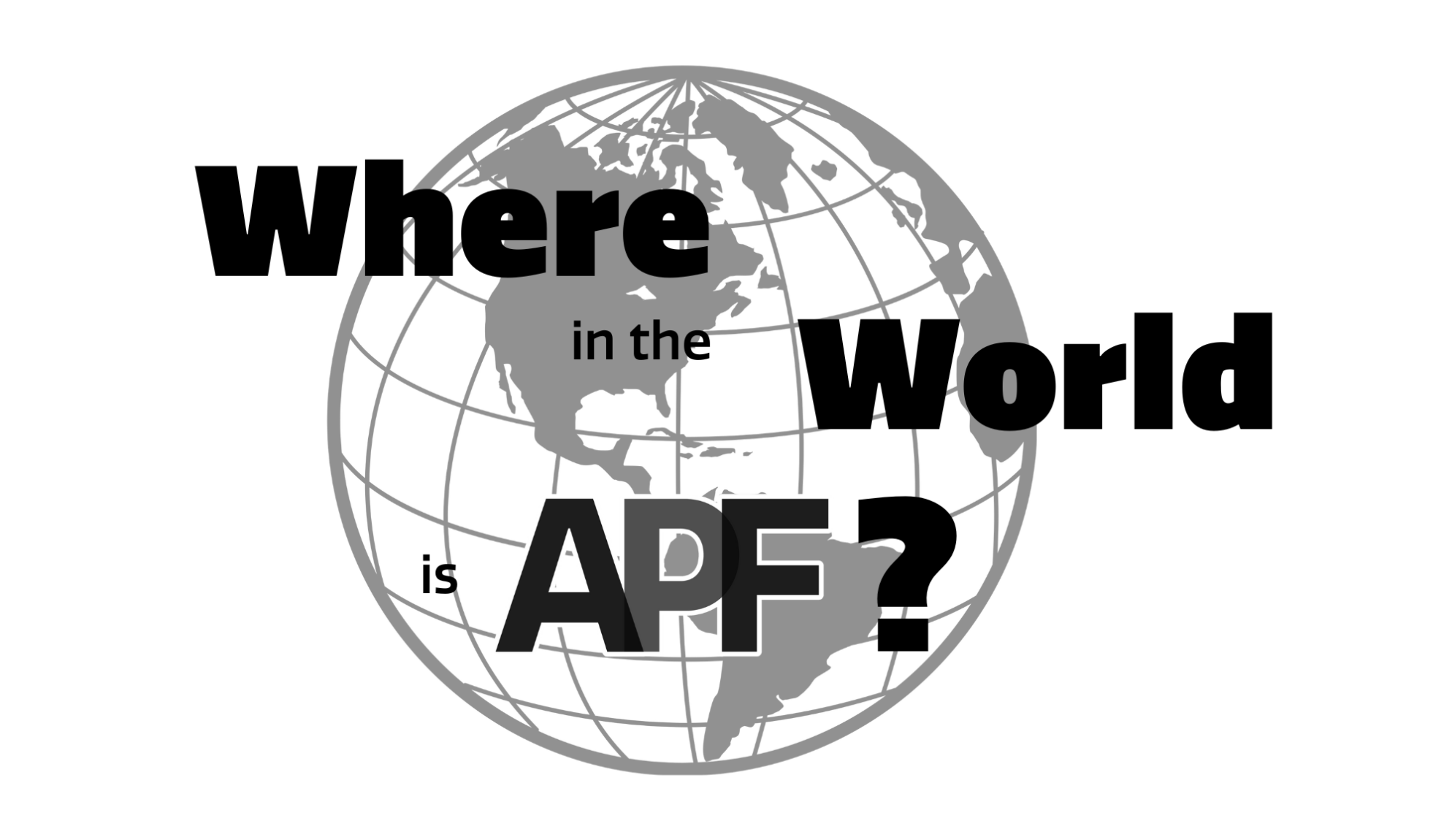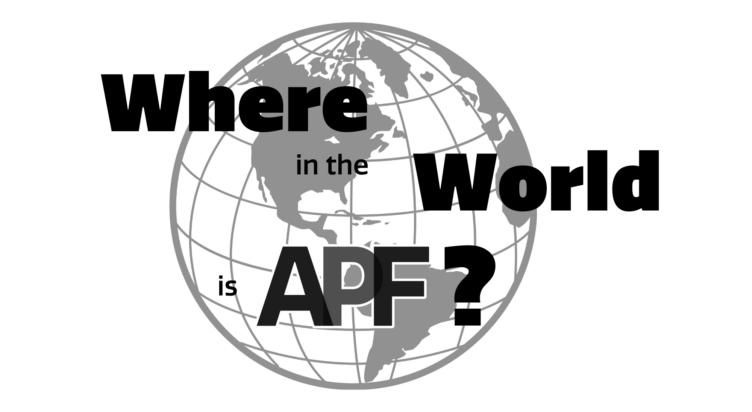Where in the World is APF with Dr. Em Matsuno


Welcome to “Where in the World is APF”, our recipient highlight series where we catch up with our grant, scholarship, and award recipients all over the world!
Today, we’re speaking with Dr. Em Matsuno, who received the 2019 Roy Scrivner Memorial Research Grant for the project, “Efficacy of an Online Intervention to Increase Supportive Behaviors Among Parents of Trans Youth.”
Can you give us an update on your career and research since being awarded the APF Roy Scrivner Memorial Research Grant in 2019?
I am currently a tenure-track assistant professor of Counseling Psychology at Arizona State University. I have continued to extend the project that was funded by APF – testing and implementing the Parent Support Program (PSP), an online intervention to increase parental support for trans and nonbinary (TNB) youth. Additionally, my research focuses on minority stress and resilience among TNB people with a focus on nonbinary populations and TNB people of color.
In what aspects has your APF-funded research impacted your career as a researcher and your contributions to the field?
By obtaining APF funding, I was able to extend my dissertation which was a pilot study of the Parent Support Program, to conducting a fully powered randomized controlled trial (RCT) of the intervention to test the efficacy. This project showed my growth and independence as a researcher which was key to obtaining a tenure-track position. It also built a foundation for obtaining larger grants as a faculty member.
Have you received subsequent funding, awards or other significant accomplishments since receiving your APF grant?
Yes! I received a $46K seed grant from Arizona’s Institute for Mental Health Research to conduct a pilot hybrid type-2 trial to implement and test the Parent Support Program within a hospital setting. Additionally, I am a co-PI on an NIMHD R01-funded study focused on TNB resilience and a co-I on an NIMH R01-funded study on implementing training for LGBTQ+ affirmative CBT.
How did your APF-funded research positively influence or make significant contributions to the LGBTQIA+ community?
Evidence-based resources for parents and caregivers of TNB youth are sorely lacking, despite parental support being one of the strongest protective factors of TNB youth’s mental health. My study is the first RCT of an intervention aimed at increasing parental support for TNB youth. Having an evidenced-based efficacious intervention to increase parental support can reduce the mental health disparities TNB youth face, especially with the recent surge of legislation targeting TNB youth and the increase in misinformation about this population.
How have you used the outcomes from your APF-funded research to inform future projects or initiatives?
The PSP was effective at increasing knowledge, TNB-affirming language, and parent self-compassion. These results helped me obtain a seed grant to conduct a pilot hybrid type-2 trial. In this trial, we are obtaining outcomes from both parents/caregivers and their TNB child as well as collecting information on implementation. After this pilot study is complete, I plan to apply for federal funding to conduct a fully powered hybrid trial of the study across the country.
What inspired your interest in supporting the LGBTQIA+ community through psychology?
I struggled as a queer person of color who grew up in a small town in Wyoming. My lived experiences have motivated me to support and empower the LGBTQIA+ community through research.
Is there anything you would want the donors whose contributions made your grant possible to know?
Getting “your foot in the door” is one of the hardest parts of becoming a funded researcher. This was my first grant over a $500 which laid the foundation for obtaining more grants including two NIH R01 grants. Completing this study also played a significant role in showing my independence as a researcher and obtaining a tenure-track job.
Want to contribute to projects like this and create impact with psychology? Donate to APF today!
Topics: LGBTQIA+ Where In The World Is APF
Discover More

Where in the World is APF with Dr. Laura Taylor
Welcome to “Where in the World is APF”, our recipient highlight series where we catch up with our grant, scholarship, and award recipients all over …

Where in the World is APF with Elana Israel
Welcome to “Where in the World is APF”, our recipient highlight series where we catch up with our grant, scholarship, and award recipients all over …

Where in the World is APF with Dr. Nicole Short
Welcome to “Where in the World is APF”, our recipient highlight series where we catch up with our grant, scholarship, and award recipients all over …
